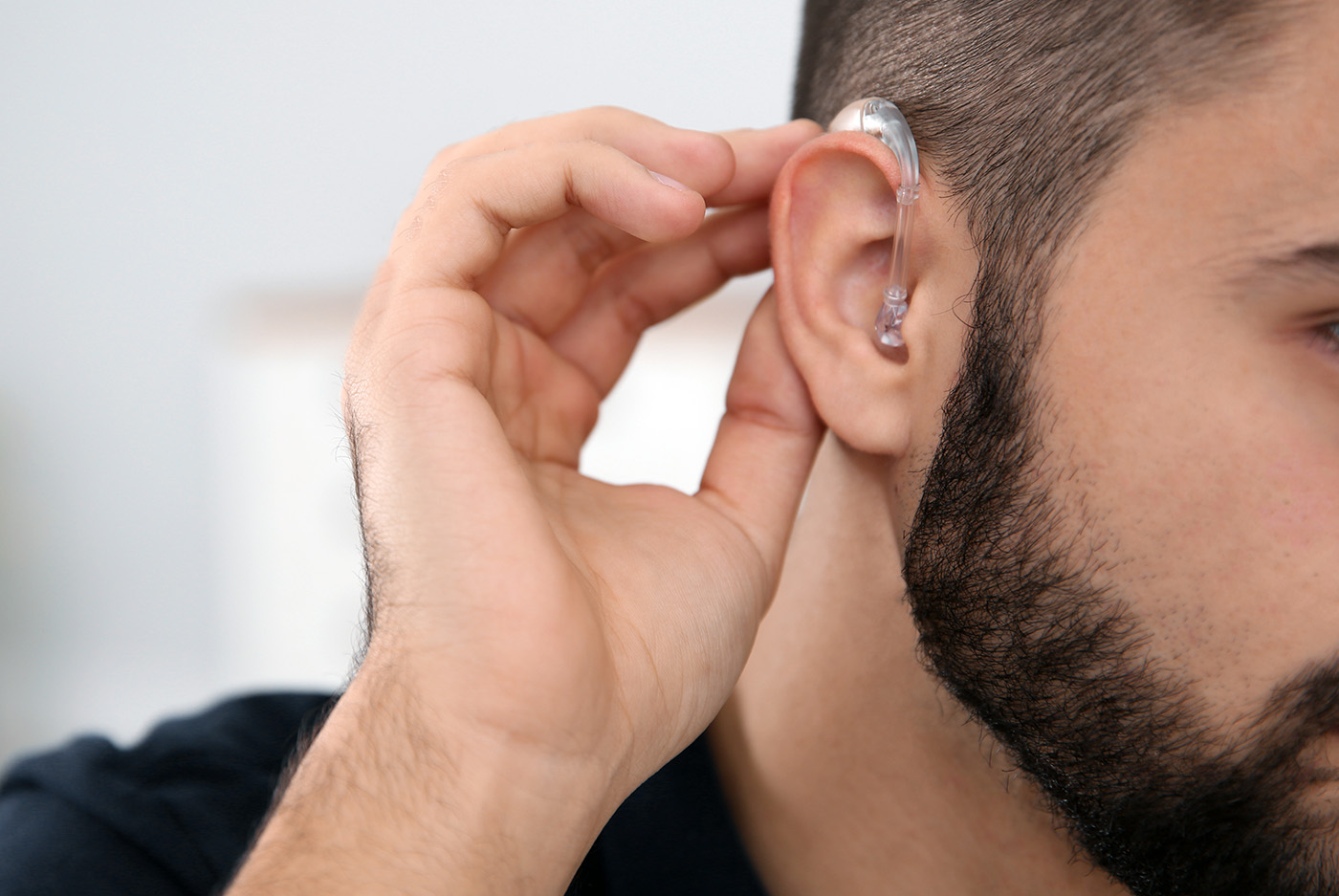
A rule recently finalized by the Food and Drug Administration (FDA) establishes a new category of over-the-counter hearing aids to enhance access to more affordable hearing-assistive technology to the almost 30 million American adults experiencing mild to moderate hearing loss.
Starting Monday (Oct. 24), consumers may purchase over-the-counter (OTC) hearing aids under an FDA rule that allows for the sale of hearing aids to consumers without the need for a prescription or custom fitting. The rule limits OTC sales to air-conduction hearing aids intended for people 18 or older who have perceived mild to moderate hearing impairment. Hearing aids in other categories still require a prescription.
Major retail stores have begun selling OTC hearing aids for as low as $300 — in stark contrast to prescription hearing aids, which can range from $2,000 to $7,000. And with few insurance carriers offering coverage, prescription hearing aids are even further out of reach for some patients.
Arkansas is among only five states — alongside Connecticut, Illinois, New Hampshire, and Rhode Island — to require that certain health plans offer hearing aid coverage. As of 2010, if a health plan in Arkansas offers hearing aid coverage, it must provide coverage of no less than $1,400 per ear every three years for individuals of all ages.
Although some Medicare Advantage plans provide hearing aid coverage, the traditional Medicare program does not, but it will cover hearing tests and some other hearing services. Congress considered the Build Back Better Act in 2021, which included a provision that would have removed the Medicare exclusion of hearing aid coverage, but the bill stalled in the Senate.
State Medicaid programs are required to cover hearing aids for enrollees younger than 21 as part of the Early and Periodic Screening, Diagnostic, and Treatment benefit. However, most state Medicaid programs, including in Arkansas, do not offer hearing aid benefits for adults older than 21.
Some states are working on expanding Medicaid coverage to include hearing, dental, and vision care for adults. For example, on October 20, Gov. Andy Beshear of Kentucky announced plans to expand Medicaid services to provide coverage for dental exams, hearing aids, eyeglasses, and other auxiliary services. Beginning January 1, 2019, Maryland Medicaid began covering medically necessary hearing aids, cochlear implants, and other auditory devices for adults over the age of 21, according to Maryland Gov. Larry Hogan’s Office of Deaf and Hard of Hearing and the Maryland Department of Health.
Expanding access to affordable hearing aid devices for adults can improve hearing levels but also general health and well-being. Studies show that hearing aids can reduce the risk of dementia, depression, anxiety, and fall injuries in older adults. Introducing more cost-effective options for hearing aids could provide more equitable access for low-income populations who have experienced challenges obtaining more expensive, prescription hearing aids.
The American Academy of Audiology and the American Speech-Language-Hearing Association recommend a comprehensive hearing evaluation from a licensed audiologist prior to purchasing OTC hearing aids to determine the degree and type of hearing loss. These groups further note that OTC hearing aids are not designed for individuals experiencing moderate to severe hearing loss, nor are they intended for individuals experiencing any ear pain or vertigo.





